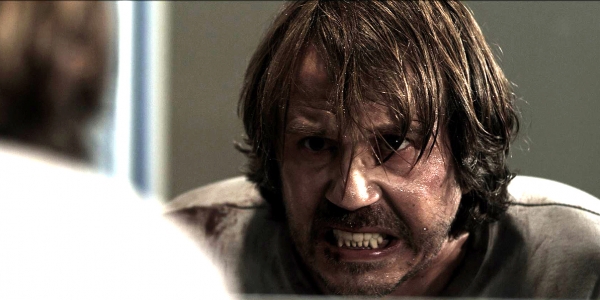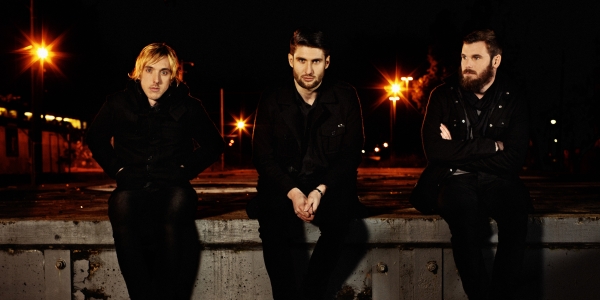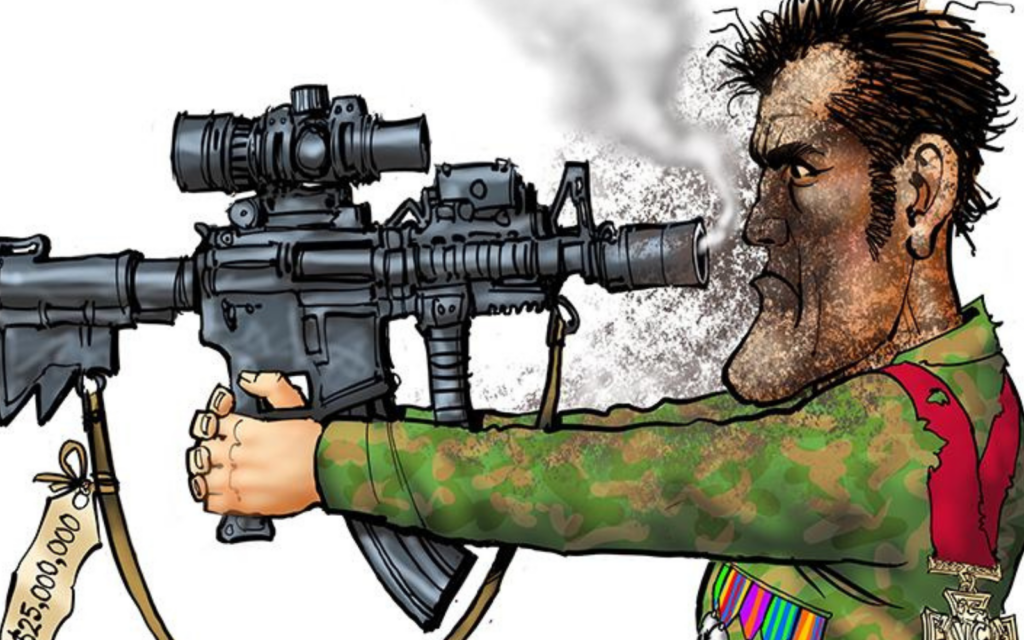The film tells the story of retired pornographer Miloš, who is goaded into one last film with the promise of an obscene payout by eccentric director Vukmir, only to be drugged and trapped against his will in a horrific spectacle of necrophilia, paedophilia, murder and mutilation. “When I was making the film, the only thing I was thinking about was the film itself,” explains director Srđan Dragojevic. “At that point the film was the most precious and most important thing to me and I didn’t want to make any mistakes by thinking about the wrong sorts of people or the audience reaction. To me, my whole project was to make an absolutely honest and strong film without compromise and without any concern about consequences.”
Let’s consider the consequences, all the same. A Serbian Film has been banned in three countries, refused classification in Australia and been subjected to the most egregious kinds of Murdoch tabloid hysteria in the UK. According to Dragojevic, it’s also lucky it was ever released. “First of all, we had problems with post-production with some film houses in Europe, in the so-called free world. We wanted to blow up it up on 35mm tape in Munich. The Munich lab didn’t want to do it. They did the whole job and then didn’t want to give us back our materials. Unfortunately, the Germans are once again burning artistic work that they disagree with.”
“The same thing happened again in Budapest. Even if we showed them the film first, we asked them ‘would you be willing and able to do this?’ and they said okay, they accepted. And then, even after the whole film was done they said: ‘we cannot deliver you the print, I’m sorry, you have to leave’,” he recalls. “After the whole job was done we started to see if we could exhibit it in Serbia, because in Serbia there are no official censorship laws. Even with that kind of situation, we didn’t find any distributors or theatres willing to have anything to do with this film. A small and conservative country is always the worst kind of censorship.”
Speaking of Serbia, students of history may see echoes of the late President Milošević in the charismatic and deranged Vukmir, and the Faustian bargain of redemption and greatness he offers Miloš. Vukmir’s frustrated calls for a collective spiritual awakening – “The whole fucking country is one big shitty kindergarten! A bunch of kids discarded by their parents!” – would not be out of place at one of the nationalist rallies that popped up around Belgrade in the years before the horror of the Balkans wars.
Dragojevic insists his message is more universal. “The film is related to Serbia, because I am from Serbia, and I am talking about Serbian problems. But I am also talking about the world in general. I did not want to make this a thematic story only for Serbia, because I wanted to express some feelings about the world we live in today,” he raises. “But, there is a very turbulent history in my country after the last few decades of war, and political terror, and I felt the urge to say something about it. Some people do not want to look at those problems, because it’s not popular in today’s world to talk about problems.”
A Serbian Film is beautifully shot, visceral, and utterly arresting. Is it an important film? Perhaps it’s important to remind otherwise indifferent and indolent people about the terror of the world we live in. Perhaps it’s passé to try. Perhaps there’s an important message underneath the generous lashings of blood and ejaculate. “There is no film that’s made for everyone, especially not this kind of film,” says Dragojevic. “I wanted to make a film the best way I can and if someone understands it and likes it, well, that’s great; if not, well, I’ve fulfilled my mission by doing something that I believe in.”







